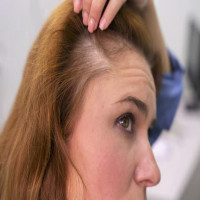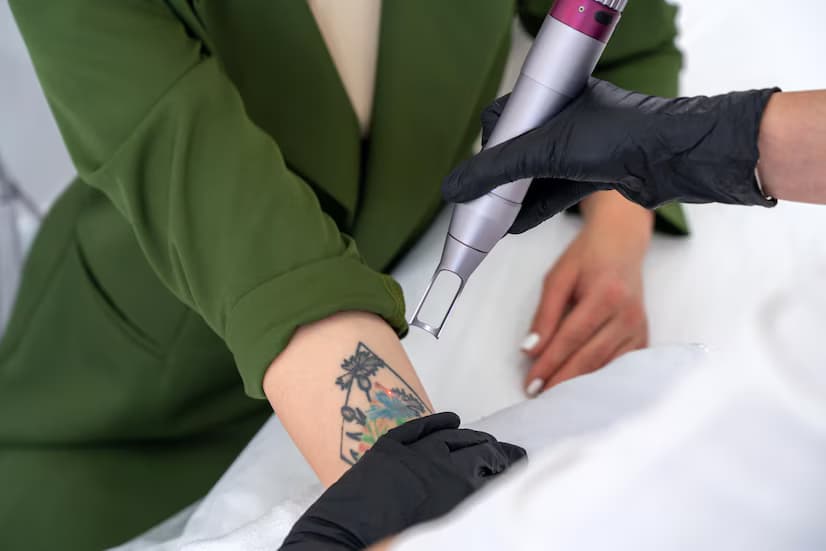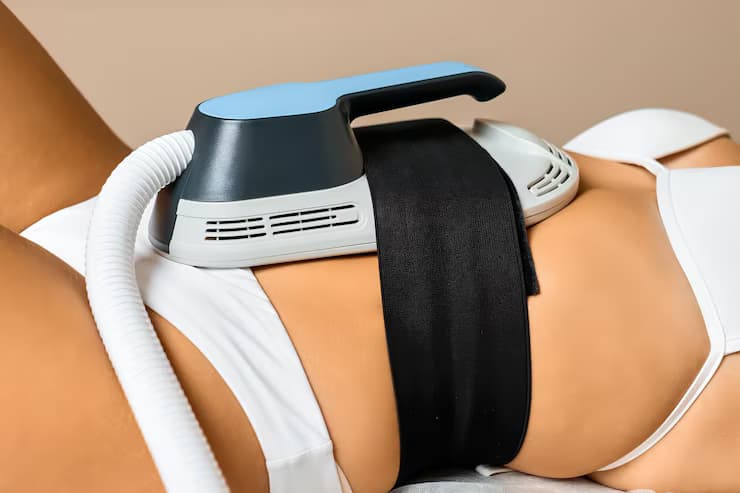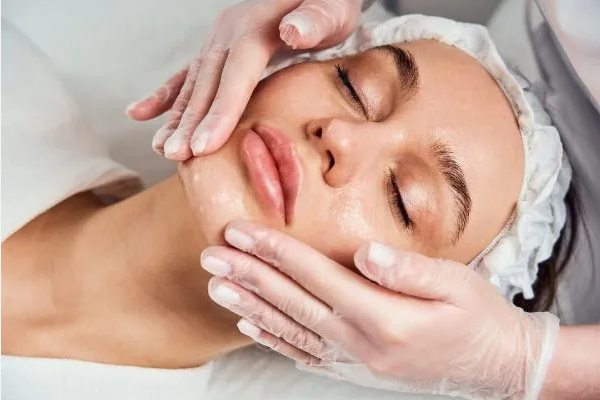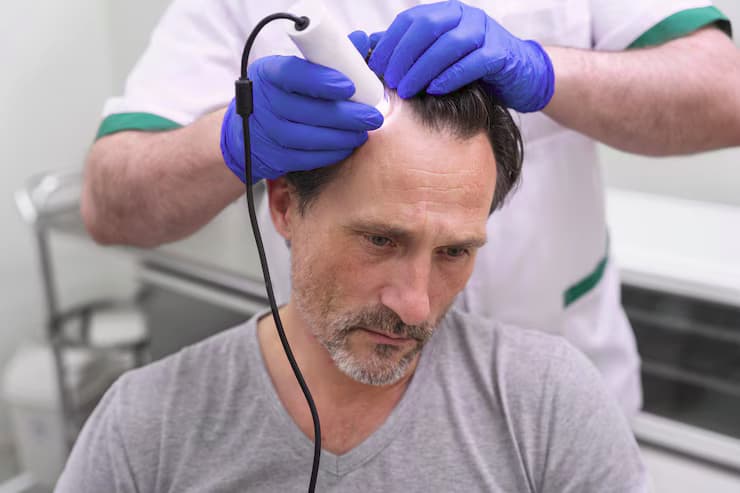Treating Dark Spots: Birmingham Hyperpigmentation Clinics Explained
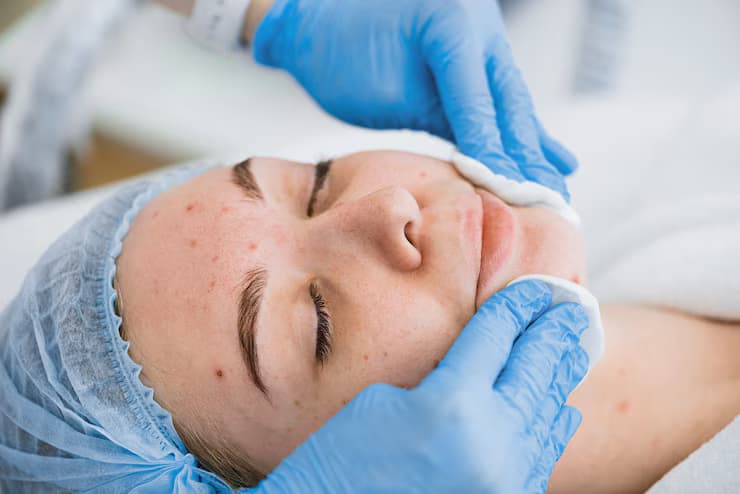
Hyperpigmentation is a skin condition characterized by the darkening of certain areas of the skin, which can lead to an uneven skin tone and an overall lack of confidence in one's appearance. This condition is prevalent among various age groups and can be caused by several factors, including sun exposure, hormonal changes, and certain medications. In Birmingham, a number of specialized clinics focus on treating hyperpigmentation, offering a range of solutions tailored to individual needs. This article will explore the various treatment options available at hyperpigmentation clinic in Birmingham, discussing their effectiveness, the science behind them, and what potential patients can expect during their journey to clearer skin.
Understanding Hyperpigmentation
Before delving into treatment options, it is essential to understand what hyperpigmentation is and how it manifests. Hyperpigmentation occurs when excess melanin, the pigment responsible for skin color, is produced in localized areas. This can lead to the formation of dark spots or patches, commonly known as age spots, sun spots, or melasma. Factors such as UV exposure can exacerbate this condition, as the skin responds to protect itself from damage by producing more melanin. Additionally, hormonal fluctuations, often experienced during pregnancy or due to contraceptive use, can trigger melasma, a specific type of hyperpigmentation that predominantly affects women.
The psychological impact of hyperpigmentation should not be underestimated. Many individuals with this condition experience decreased self-esteem and a reluctance to engage in social situations. Consequently, seeking treatment can be both a physical and emotional journey towards reclaiming confidence.
Treatment Options Available at Hyperpigmentation Clinics in Birmingham
When considering treatment for hyperpigmentation, patients in Birmingham have access to a variety of options. These treatments can be broadly categorized into topical therapies, chemical peels, laser treatments, and more advanced procedures such as microneedling. Each method has its own set of advantages and considerations, making it essential for individuals to consult with a qualified dermatologist or skincare professional to determine the best course of action.
Topical Therapies
Topical treatments are often the first line of defense against hyperpigmentation. These can include prescription creams containing ingredients such as hydroquinone, which lightens the skin by inhibiting melanin production. Other effective ingredients include retinoids, vitamin C, and azelaic acid, all of which work to promote skin cell turnover and reduce the appearance of dark spots.
Patients can expect to see gradual results from topical treatments, often requiring consistent application over several weeks or months. It is crucial to note that while these treatments can be effective, they may not be suitable for everyone, especially those with sensitive skin. Consulting a dermatologist at a hyperpigmentation clinic in Birmingham can help individuals identify the most appropriate topical solution for their specific skin type and condition.
Chemical Peels
For individuals seeking more immediate results, chemical peels can be an excellent option. This treatment involves the application of a chemical solution to the skin, which exfoliates the outer layers and promotes the growth of new, healthier skin. Chemical peels can vary in strength, ranging from superficial peels that primarily target the epidermis to deeper peels that penetrate the dermis.
The benefits of chemical peels extend beyond just targeting hyperpigmentation. These procedures can also improve overall skin texture, reduce the appearance of fine lines, and promote a more youthful appearance. However, patients should be aware that chemical peels may require some downtime for recovery, depending on the depth of the peel chosen. A consultation at a hyperpigmentation clinic in Birmingham will provide individuals with information on the different types of peels available and help them make an informed decision.
Laser Treatments
Laser therapy has gained popularity in recent years as a highly effective method for treating hyperpigmentation. Various types of lasers, such as fractional lasers and Q-switched lasers, can target pigment at different depths within the skin. These treatments work by delivering concentrated beams of light that break down melanin into smaller particles, which are then naturally eliminated by the body.
Patients can expect significant improvements in their skin tone following laser treatments; however, multiple sessions may be necessary for optimal results. It's also worth noting that laser treatments can cause temporary redness and swelling, so individuals need to consider their schedules and choose a time for treatment that allows for proper healing.
Microneedling
Microneedling is another innovative treatment option for hyperpigmentation, gaining traction in the industry for its ability to stimulate collagen production and enhance skin texture. This minimally invasive procedure involves the use of fine needles to create micro-injuries in the skin, prompting the body to heal itself by producing new collagen and elastin.
Microneedling can enhance the absorption of topical treatments applied afterward, making it a synergistic approach to addressing hyperpigmentation. Patients often report a more even skin tone and a reduction in dark spots following a series of microneedling sessions. As with other treatments, a thorough consultation at a Birmingham hyperpigmentation clinic will help individuals determine if this is the right choice for their skin.
What to Expect at a Hyperpigmentation Clinic in Birmingham
Visiting a hyperpigmentation clinic in Birmingham for the first time can be both exciting and nerve-wracking. Patients can expect a comprehensive assessment of their skin, where a qualified practitioner will evaluate the extent of hyperpigmentation, discuss medical history, and understand the patient's goals. This initial consultation is essential, as it sets the foundation for a personalized treatment plan.
Following the assessment, the practitioner will explain the treatment options available, along with their respective benefits and potential side effects. Patients should feel encouraged to ask questions and express any concerns they may have. Transparency is key in building trust and ensuring that individuals feel comfortable with their chosen treatment pathway.
After initiating treatment, follow-up appointments may be necessary to monitor progress and make adjustments as needed. Patience is critical, as achieving desired results can take time, especially with topical treatments. The supportive environment of a Birmingham hyperpigmentation clinic will help individuals stay motivated and informed throughout their journey.
Conclusion
Treating dark spots caused by hyperpigmentation is a multifaceted process that requires a personalized approach based on individual skin needs. Birmingham offers a range of hyperpigmentation clinics, each equipped with the expertise and technology to address this common skin concern effectively. From topical therapies and chemical peels to laser treatments and microneedling, patients have multiple avenues to explore on their path to clearer skin.
For those looking to embark on this journey, Este Medical Group Birmingham stands out as a beacon of hope and expertise. With a team of dedicated professionals ready to guide you through every step of the process, you can reclaim your confidence and embrace a more radiant complexion. Don’t wait any longer; take the first step towards beautiful, even skin today!
Note: IndiBlogHub features both user-submitted and editorial content. We do not verify third-party contributions. Read our Disclaimer and Privacy Policyfor details.

